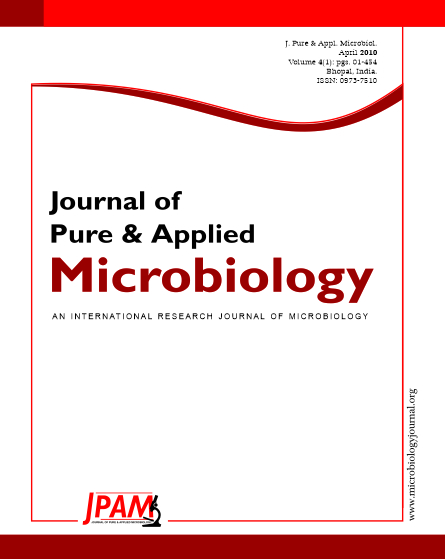H. pylori is gram-negative, microaerophilic and motile bacterium that has been associated with gastritis, peptic ulcer and adenocarcinoma. Aim of this research was study of conserved rCagA 32 KD fragment immunogenicity characterizations from amino end of cagA gene. CagA gene was amplified by PCR and target 841 bp fragment was cloned into proper vectors and was approved with enzymatic digestion and PCR.
We showed that 32 KDa our designed recombinant CagA proteins from amino ends of H. pylori was immunogenic and enable to induce proper immune Th1 responses in mice. The results showed that designed rCagA had the same antigenicity as native CagA and also unlike whole cagA is completely conserved.
We recommended this conserved and immunogenic fragment of CagA for developing immune-detecting method for CagA+HP and proper candidate for formulation of multi-component vaccine.
Helicobacter pylori, Cloning, 32 KD rcagA
© The Author(s) 2010. Open Access. This article is distributed under the terms of the Creative Commons Attribution 4.0 International License which permits unrestricted use, sharing, distribution, and reproduction in any medium, provided you give appropriate credit to the original author(s) and the source, provide a link to the Creative Commons license, and indicate if changes were made.


